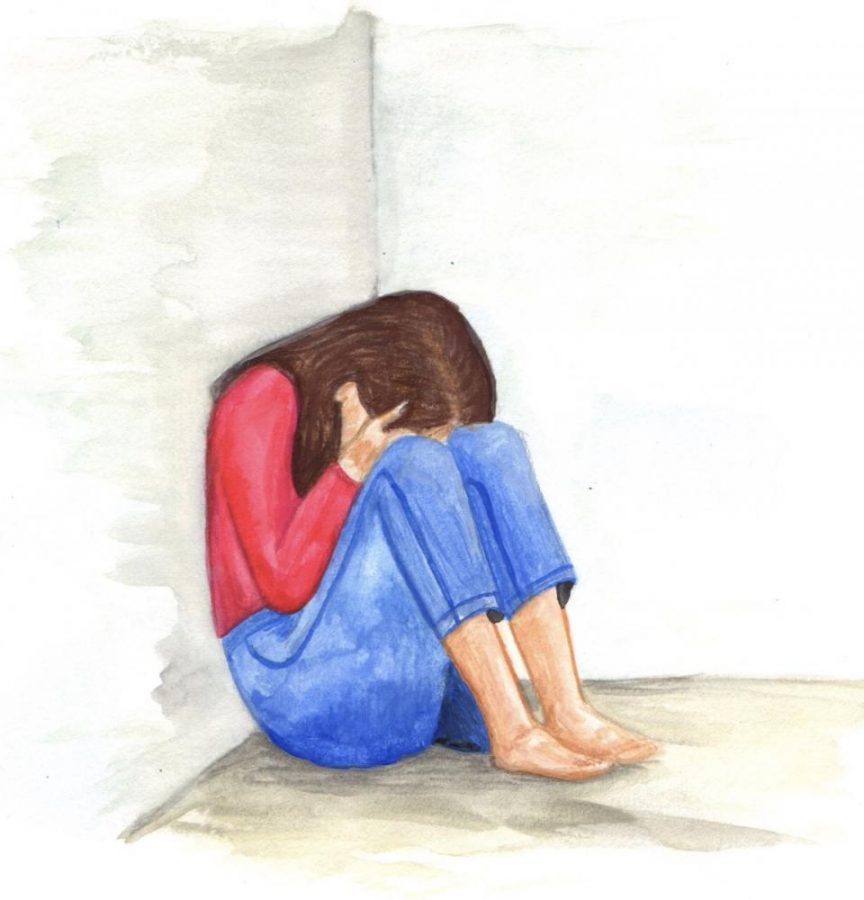Under Pressure
School community needs to eliminate stigma around mental illness
One in five teens, ages 13 to 18 have or will have a serious mental illness, as reported by the National Alliance on Mental Illness. Despite these large numbers, our current high school community makes too few of accommodations for students living with a mental illness.
For high school students that live with a mental illness, ranging from ADHD to anxiety, there is the accommodation of 504 plans to assist students whose learning capabilities are clearly impacted by a disorder. These adjustments can range from time extension on an assignment to taking mental breaks during a class.
The most evident issue amongst the high school community is the stigma that comes along with mental illness. The way mental illness is commonly viewed is as an avoidable flaw in personality.
Also, there is a shameful way that mental illness is talked about, rather than encouraging those who are struggling. For example, it is not uncommon to see the glamorization of mental illness by a high school student.
Including those who claim to have social anxiety, only after spending a weekend binging a Netflix series, rather than going out.
To help in all facets of high school, both staff and students, there needs to be more education in the realm of mental illness.
Such education should not be limited to what signs to look for, or how to report someone with known signs, but also on what mental illness truly is, in attempt to prevent misconceptions on different conditions.
Although, the school is making steps towards mental illness awareness and suicide prevention, these steps are not being advertised well to the student body.
The result of widely sharing all new accommodations would also be positive in regards to eliminating the awkward notion around someone with mental illness.
It is also unfortunate and unfair that teachers tend to not accept mental illness as a valid excuse for a lack of performance or delayed work.
In the realm of a student’s mental health, it is crucial for administration to truly listen to students’ needs and how school operations need to change to accommodate all members of the student body.
Whether or not one changes their opinion on mental illness, it is extremely important that students and teachers at least respect the elements of one’s mental illness.
Nearly 80 percent of students with mental illness won’t receive the help they need, as reported by the United States National library of medicine. This means that every step needs to be taken to help those students affected.


